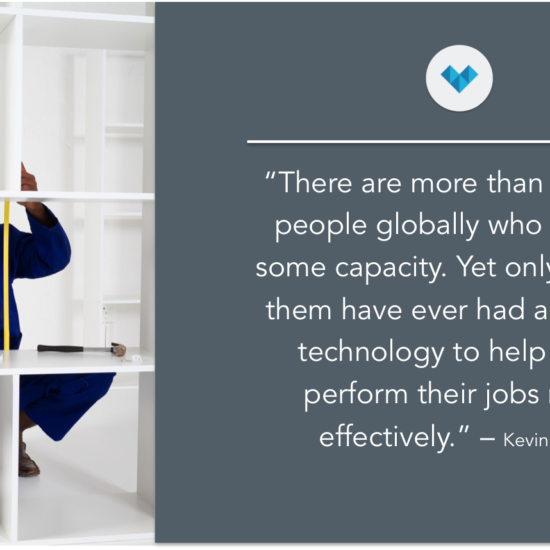Before such terms as “collaborative economy”, “collaborative sharing” or “sharing economy” were coined, someone like me had benefitted from offering micro-services and renting out assets in exchange for money to survive in college in my country of origin, Nigeria. The services I rendered then ranged from repairing mobile phones of the
And I was not alone.
The truth is that the same was applicable to most entrepreneurial college students who were inadequately resourced. In fact, parents even sent us money through recharge cards because we didn’t have bank accounts or access to fast cash. The nearest ATM machines were often kilometres away. In hindsight, all were different forms of the sharing economy and they ensured I had a better time in college.
So what’s different today?
The way we access these services and the technology that powers them. Today, these trends are powered by the Internet, the cloud, mobile and specifically smartphones and all the services in the ecosystem. Payments, ratings and recommendations systems, maps, real-time traffic information, social profiles to name a few.
All these have come together to change the dynamics of service access and how we do fulfilment. I think the best way to quickly describe this is to reverse-play my time in college rendering these services and how these modern technologies combined would have made things different, have we had access to them those days.
Mobile phone repair
- Rather than go from college hostels to rooms in order advertise our services, we would have created profiles on a platform like Goly and start connecting with customers right away
- We would have been able to list all the different mobile phone models that we can fix rather than allow customers do a guess work, trek kilometres and then realise that their phone models were not repairable. They would have been less disappointed.
- Customers would have been able to see how much they will pay per repair and we could have avoided all the tensions related to face-to-face bargaining
- In retrospect, we spent tremendous amount of time finding “change”. Change is the difference between the currency bill customers handed over to us and what we charged them. I could have accepted a debit card/ATM card through Goly platform or other 3rd party payment processors.
- Given our high context, my customers and those of my other colleagues would have been able to rate our services through the Goly app and provided us quality feedback that would have helped us get better at our service.
Doesn’t it sound like I could have built a smarter college business? How about we take a look at the relationship between my other business – hostel space rental and Airbnb – a mobile app that lets you find people to host at your accommodation in exchange for money.
Hostel space rentals
We would have had a college platform for renting or sharing bed space, bunk space, a room space and all kinds of spaces we rented out those days
- I would have been able to specify the space type, the price, location of hostel and prospective clients would have been able to visualise the look and feel of the place in advance
- At the push of a button, my prospective tenants would have made inquiries about availability, bargain, do a background check by checking out my personal profile to see if I am legit or not and see who my Facebook friends are.
- I would have been able to do the same on my clients just to ensure I was hosting a reputable human being.
- This platform would have facilitated payments so we could avoid all the arguments related to delayed payments.
- With the ratings and review systems built into Airbnb or other on-demand space rental platforms, I am sure I would have given more negative reviews 🙂 than positive ones given the state at which tenants leave student hostels those days. One particular bunk-mate I remember would have had good reviews because of his reputation for cooking good beans. Beans was always at our rescue during scarcity those days. (Deeply embedded in the sharing economy are also the social elements that binds us together as humans).
All these activities enabled me to make additional income to on top of what my parents were able to afford. Assuredly, it wasn’t that convenient but it was fun. Looking at what’s possible today with the on-demand economy in terms of ease, speed, functionality and flexibility, I would have made been able to reach a broader audience, connect with the right fit of clients and at the right terms.
The good news is that today, from low skilled to highly skilled labour, anything can be outsourced. From running errands for others to driving them around in your car and to doing graphics design at your own terms. Whatever your objectives are – fund your next campus project, treating loved ones and friends to something nice offer better treats to babe or have something to save for the “dry season”, Goly and other on-demand platforms offers tremendous opportunity to achieve those objectives.?
In today’s world, a skill or a physical asset and a smartphone can be leveraged to get you ahead in life.

